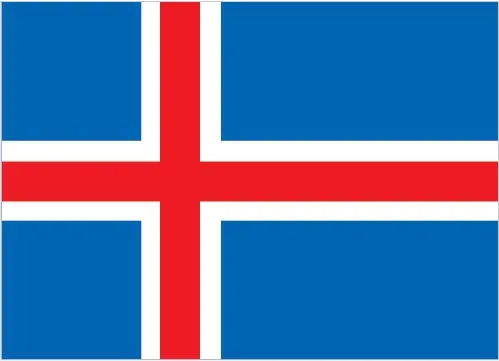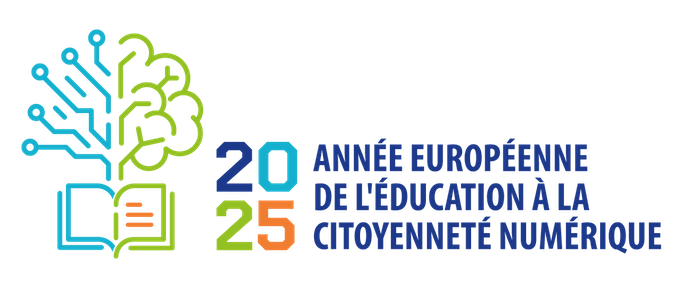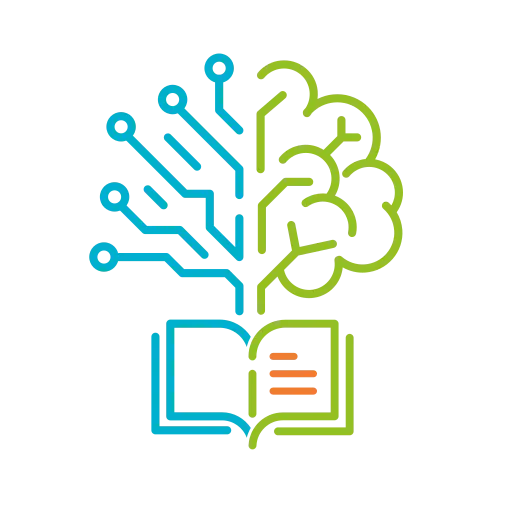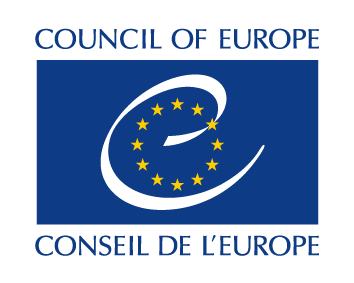- Iceland Education Policy 2030 (establishes Iceland’s objective to achieve a dynamic and flexible education system to drive economic and social change). The third pillar of the strategy focuses on digital education (among other topics) and the fourth pillar focuses on mental health and well-being.
- The digital 2021 strategy does not mention education.
- Iceland’s policy on AI (2021). According to the national authorities responding to the online survey, this policy is currently being revised by the Ministry of Higher Education, Science and Innovation, and will have stronger connection with the Education sector in general.
- According to the national authorities responding to the online survey, in the last two years the subject areas of the National Curriculum guide for compulsory education have been revised with working group of teachers and coordination by the Directorate of Education and the Ministry of Education and Children. The revised curriculum is now ready to be officially published and will be implemented by the Directorate and financed by the Ministry. The new curriculum Digital Citizenship education has been developed in line with the CoE DCE recommendations and guidelines and the Icelandic DCE promotors were involved in the revision.
Country profile list

Iceland
1. Iceland Education Policy 2030: The national parents association, a key stakeholder in the EP2030, advises and supports parents and other associations on issues related to upbringing, education, parental co-operation and host activities such as internet safety programmes (is in charge of SIC)
Beyond this strategy:
- The Icelandic Safer Internet Centre (SIC) aims to promote safer and more responsible use of the internet and mobile technologies among children and young people. In collaboration with the Icelandic Cyber Security Centre, it provides awareness-raising educational materials. Since the beginning of 2024, the Icelandic Media Center has taken responsibility for the Safer Internet Centre, working closely with various stakeholders, including the Icelandic DCE promoters. Annually, the Centre organizes a Media Literacy Week, and in 2025, the focus will be on EDC and awareness-raising activities as part of the European Year initiatives.
- The Home and School association is implementing socalled prosperity declaration (farsældarsáttmáli) for compulsory schools financially supported by the Ministry of Education and Children, with among other things strong focus on promoting a safer and better use of internet and mobile technology.
The Directorate of Education and School Services is cooperating with the Kópavogur municipality and other experts on developing educational material on DCE and translation into Icelandic, involving the Icelandic DCE promotors.
Sources
- https://www.saft.is/ https://fjolmidlanefnd.is/
- https://www.heimiliogskoli.is/farsaeldarsattmalinn
- https://sites.google.com/snjallheimar.is/stafraen-borgaravitund/heim?authuser=0
- https://reykjavik.is/ibuar-born-unglingar-og-ungt-folk-mixtura-stafraent-nam-personuvernd-og-stafraent-skolastarf/stafraen-borgaravitund
- Iceland Education Policy 2030: it indicates the next steps in the implementation strategy. However, it is unclear if they have published an additional document specifying the implementation strategy. It defines key points for the evaluation.
- According to the national authorities responding to the online survey, the Ministry of Education and Children is currently in the process of evaluating the first Action plan and at the same time developing the second Action plan for 2024-3027. They expect that one of the key actions in the second action plan will be digital competences and AI in education with strong focus on Digital Citizen Education and participation in the European Year and use for example material and guidelines from Council of Europe.
Sources
- Iceland Education Policy 2030: Ministries organised public consultations. These consultations involved a series of meetings throughout 2018 and 2019 with representatives from municipalities, parents, students, teachers, school administrators, various interest groups, and the business community.
- The Ministry of Education and Children organised a big event on Education in late September with around 1000 participants, (600 present and 400 online) where the draft of the second action plan was presented and discussed groupwork, and they expect it to be soon published for further consultation in the portal of the Government.
Sources
- The EP2030 strategy highlights the active involvement of stakeholders including national agencies and ministries, students and their unions, teachers and their unions, parents and school and school leaders.
- According to the national authorities responding to the online survey, in the last two years the subject areas of the National Curriculum guide for compulsory education has been revised with working group of teachers and coordination by the Directorate of Education and the Ministry of Education and Children. The national Home and School association and the Safer Internet Centre was directly involved concerning the framing of the Digital Citizenship education goals. Many stakeholders were involved through the online consultation portal on this revision.
Sources
- According to the national authorities responding to the online survey, in the last two years the subject areas of the National Curriculum guide for compulsory education have been revised with working group of teachers and coordination by the Directorate of Education and the Ministry of Education and Children. The national Home and School association and the Safer Internet Centre was directly involved concerning the framing of the Digital Citizenship education goals. Many stakeholders were involved through the online consultation portal on this revision
Sources
- Partnership in the university to provide courses on digital education to children
Sources
The Icelandic Media Center established in 2022 a multi stakeholder cooperation in the field of Information and media Literacy and Digital Citizenship in general.
Sources
- Member of DCE promoters network
- Member of Working Group on Digital Education: Learning, Teaching and Assessment (DELTA)
- Member of Commission Expert group on Safer Internet for Children.
- Member of Commission Working group on Schools
Training on DCE to teachers and other professionals:
See: Centre for Educational Research on ICT and Media at the University of Iceland
https://rannum.hi.is/rannsoknir/stafraen-borgaravitund/
Translation and dissemination of DCE Recommendation:
The DCE Recommendation has not been translated into Icelandic.
Nous contacter
Service de l’Éducation
Conseil de l’Europe
Agora Building
1, Quai Jacoutot
67075 Strasbourg Cedex
France


